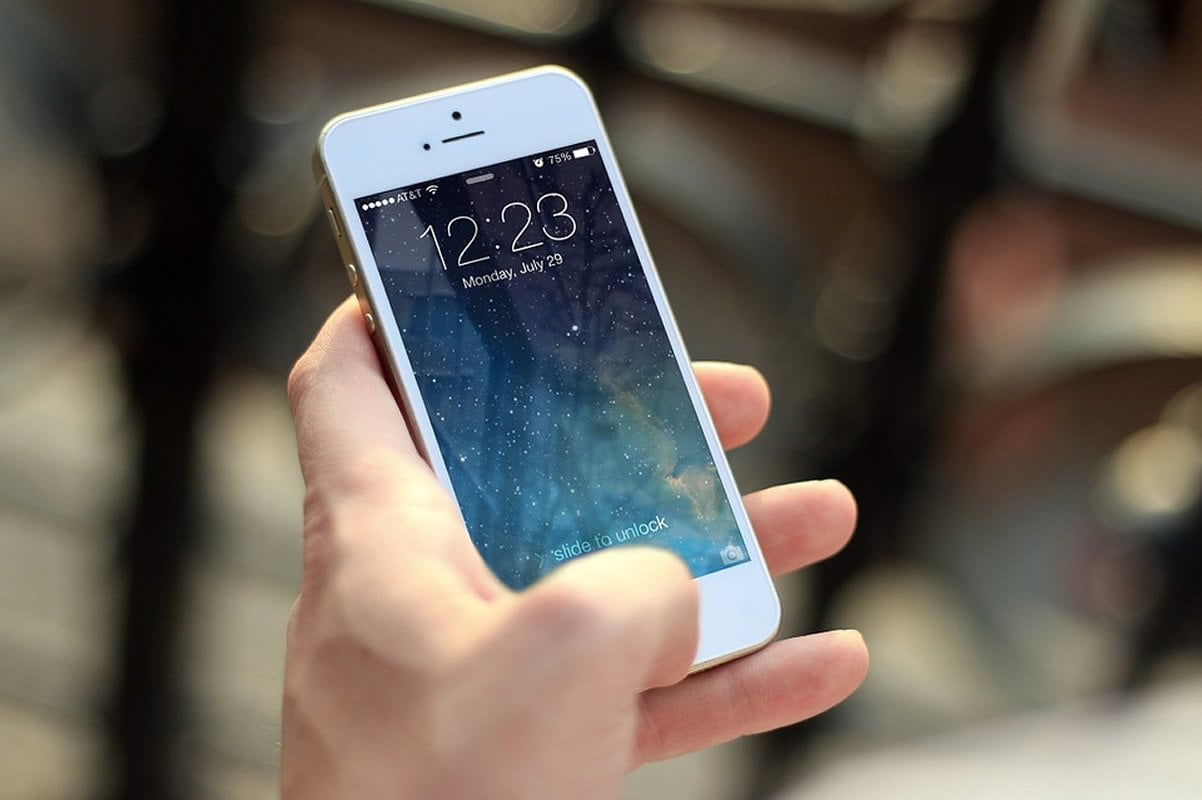Summary: Using a cell phone is more cognitively taxing than previously believed, especially if you are stressed and need a mental break. Using a cell phone to take a break does not allow the brain to recharge as effectively as other types of breaks.
Source: Rutgers
Using a cellphone to take a break during mentally challenging tasks does not allow the brain to recharge effectively and may result in poorer performance, Rutgers researchers found.
The experiment, published in the Journal of Behavioral Addictions, assigned college undergraduates to solve challenging sets of word puzzles. Halfway through, some were allowed to take breaks using their cellphones. Others took breaks using paper or a computer while some took no break at all.
The participants who took phone breaks experienced the highest levels of mental depletion and were among the least capable of solving the puzzles afterwards. Their post-break efficiency and quickness was comparable to those with no break. Their number of word problems solved after the break was slightly better than those who took no break, but worse than all other participants.
Participants who took a break on their cell phone took 19% longer to do the rest of the task, and solved 22% fewer problems than did those in the other break conditions combined.
“The act of reaching for your phone between tasks, or mid-task, is becoming more commonplace. It is important to know the costs associated with reaching for this device during every spare minute. We assume it’s no different from any other break – but the phone may carry increasing levels of distraction that make it difficult to return focused attention to work tasks,” said Terri Kurtzberg, co-author and associate professor of management and global business at Rutgers Business School.

“Cellphones may have this affect because even just seeing your phone activates thoughts of checking messages, connecting with people, access to ever-refilling information and more, in ways that are different than how we use other screens like computers, and laptops,” she continued.
The 414 participants were given sets of 20 word puzzles. Some were given a break halfway through, during which they were told to choose three items to buy within a specific budget, using either their cellphone, a paper circular or a computer. They were told to type or write the reasons for their selections.
The study was co-authored by Rutgers Business School doctoral candidate Sanghoon Kang.
Source:
Rutgers
Media Contacts:
Megan Schumann – Rutgers
Image Source:
The image is in the public domain.
Original Research: Open access
“Reach for your cell phone at your own risk: The cognitive costs of media choice for breaks”. Kang Sanghoon, Kurtzberg Terri R.
Journal of Behavioral Addictions. doi:10.1556/2006.8.2019.21
Abstract
Reach for your cell phone at your own risk: The cognitive costs of media choice for breaks
Introduction
Since there is steady increase in cell phone addiction, the act of reaching for a phone between tasks, or even mid-task, is becoming more commonplace, without a true understanding about the potential cognitive costs of taking a break in this way as opposed to taking a break through another medium.
Methods
This experimental study included 414 participants who completed a cognitively demanding task (solving anagrams) either on paper or on a computer screen. Participants in three of four randomly assigned conditions engaged in a break task (selecting items for a hypothetical shopping list) either on a cell phone, a larger computer screen, or on a paper in the middle of the task. The fourth condition had participants engaging in both halves of the cognitive task with no break.
Results
The results show that using cell phone for a break did not allow brain to recharge as effectively as the other types of breaks, both in terms of being able to perform quickly and efficiently in the second half of the task (how long it took to complete), and in terms of performance (how many anagrams were successfully solved in the second half).
Discussion and conclusions
As people are increasingly addicted to their cell phones, it is important to know the unintended costs associated with reaching for this device every spare minute. Although people may assume that it is not different from any other kind of interaction or break, this study shows that the phone might be more cognitively taxing than expected.






